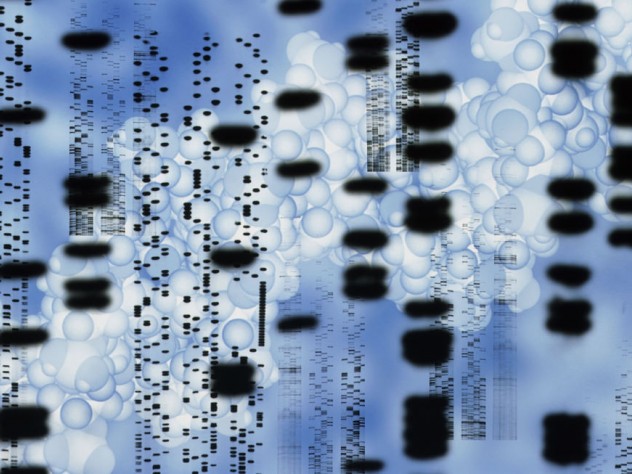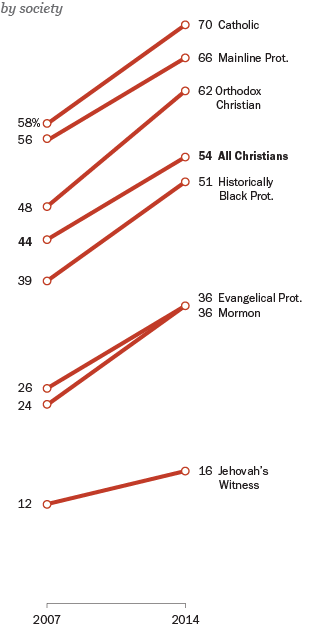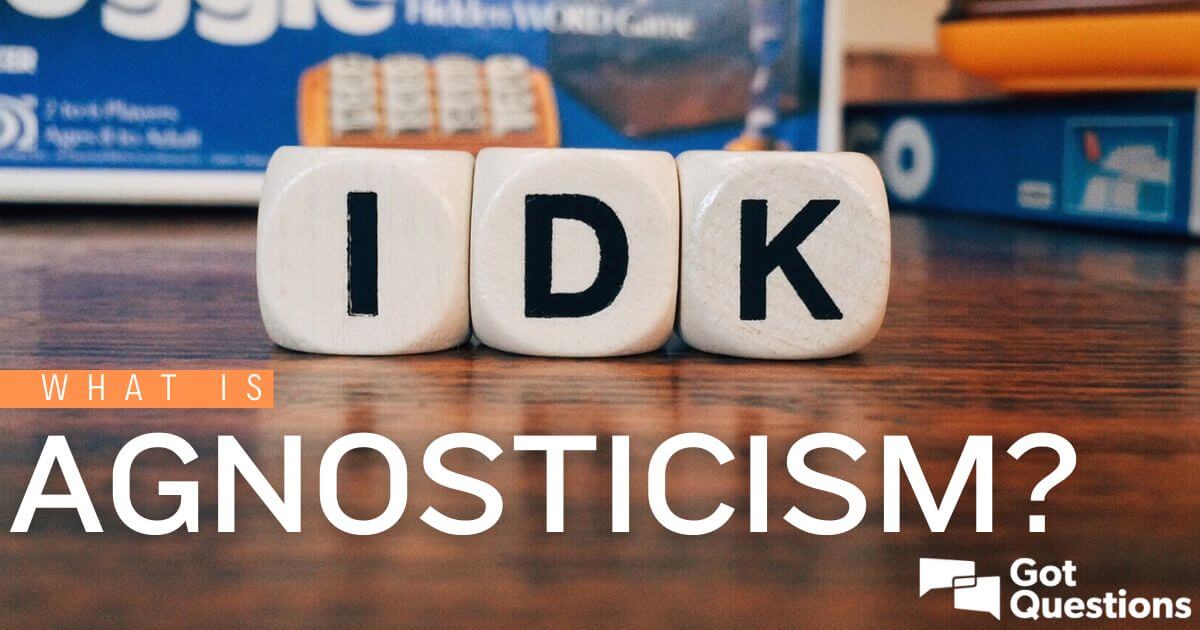DudleySmith
Diamond Member
- Dec 21, 2020
- 20,304
- 14,455
- 2,288
And who were the Amalekites? Do you know?
Who lived in those cities mentioned in Joshua? Do you know that?
He's a troll and tried to imply a generality about alleged genocides ordered by God based on a verse he read, while never reading the books themselves, like most poseurs. It doesn't matter what you post, he/she/it/mutant only had more innuendo as responses.
The so-called 'mental health' industry has been riddled with faggot activists and is no longer credible as a source of 'scientific facts', and in fact censor anything negative about homosexual fetishists, as the APA has done. This can be seen in fake 'peer reviewed studies', wherein faggot activists all review each other's crappy 'studies'; one look at the methodologies of these alleged 'scientific studies' would make an 8th grade student laugh their asses off.
Last edited:








